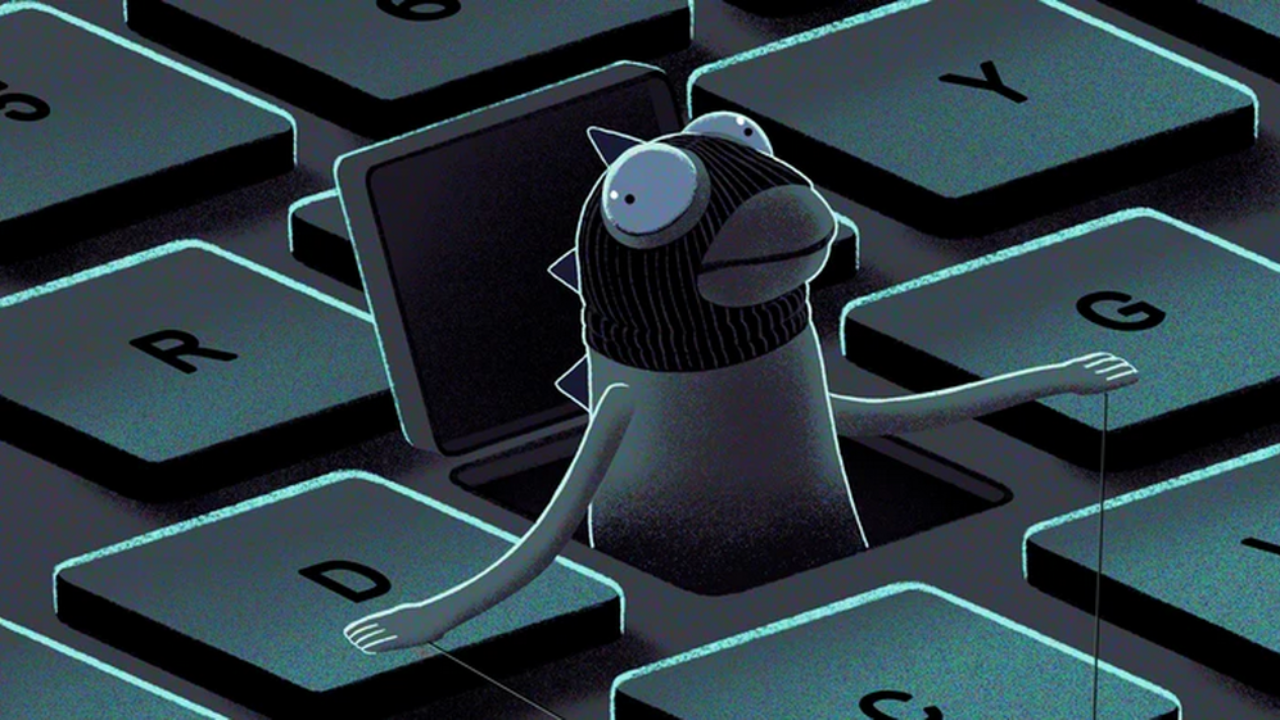Tomcat
Professional
- Messages
- 2,686
- Reaction score
- 1,046
- Points
- 113

Last weekend, Vice Motherboard reported that the notorious burglar and hacktivist Phineas Fisher broke a lengthy silence and contacted the media.
Let me remind you that a person or a group of persons hiding under this pseudonym is widely known due to several high-profile "deeds" at once. In particular, in 2020, it was Phineas Fisher who leaked Wikileaks documents from the ruling party of Turkey and compromised the professional developers and suppliers of spyware, FinFisher and the Hacking Team. Phineas Fisher then made public documents, source codes and even exploits stolen from companies.
Following these incidents and several other attacks, Phineas Fisher issued a series of manifestos motivating other hackers to carry out politically motivated attacks. Then, in 2021, he announced that he was temporarily retiring, and since then nothing has been heard about the hacktivist for more than two years, but now he broke his silence.
Phineas Fisher published a new manifesto in which it proposed to fuel interest in hacktivism by financially encouraging it. In fact, the hacker proposed to establish a new kind of bug bounty - to reward hackers for political attacks committed in the name of the public interest. He called his program the Hacktivist Bug Hunting Program and announced that he was ready to pay other activists up to $ 100,000 in cryptocurrency (Bitcoin or Monero). Journalists note that in fact, this program directly stimulates criminal activity.
As an example, he lists possible targets for hacktivists: mining and livestock companies in South America, the Israeli spivari developer NSO Group and the oil company Halliburton.“I believe that hacking is a powerful tool and that hacktivism is only using a fraction of its true potential. Small investments can help it grow, better [hacktivism] times are yet to come, ”writes Phineas Fisher.
In addition, in a fresh statement, Phineas Fisher said that back in 2016, he hacked into the offshore bank Cayman Bank and Trust Company, stealing money (and giving it where and to whom exactly), documents and emails of employees. The hacker refused to disclose the exact amount, but clarified that it was about “several hundred thousand dollars”. With this example, Phineas Fisher encouraged other hacktivists to follow the same path and join the fight against inequality and capitalism.“Hacking in order to obtain and lease documents of public interest is one of the best ways to use hacking skills for the benefit of society. I'm not trying to make anyone rich, I'm just trying to allocate enough funds so that hackers can make a decent living doing a good job, ”reads the manifesto.
In his manifesto, the hacker traditionally describes how he got into the system. In this way, he seeks to teach others how to carry out similar attacks, and to show how to use certain techniques to rob banks. So, he writes that he used the same exploit against the bank that once helped him to compromise the Hacking Team: he attacked a vulnerable VPN and firewall.
The hacker shared the documents and letters stolen from the bank with the website Distributed Denial of Secrets, which is run by journalist and activist Emma Best. She reports a download of 640,000 emails, which is "the most detailed look at international banking that has ever been made available to the public."
Interestingly, the bank's representatives confirmed to reporters that the hacking did take place. The bank refused to disclose any details of what happened, citing an ongoing investigation, in which law enforcement agencies are involved.
“In the digital age, robbing a bank is a non-violent act, the least risky, and the reward is higher than anywhere else. None of the financial hacks I did that I was aware of were ever reported. This [hack] will be the first, not because the bank wanted it, but because I myself decided to make it public, ”Phineas Fisher says. - The global financial elite are oppressors, not victims [...]. Hacking this elite and reclaiming a tiny fraction of the wealth they have stolen does not make them victims. This is a cyber crime. It is also activism motivated by the desire for social change. I don't get any benefit or profit from this. "

